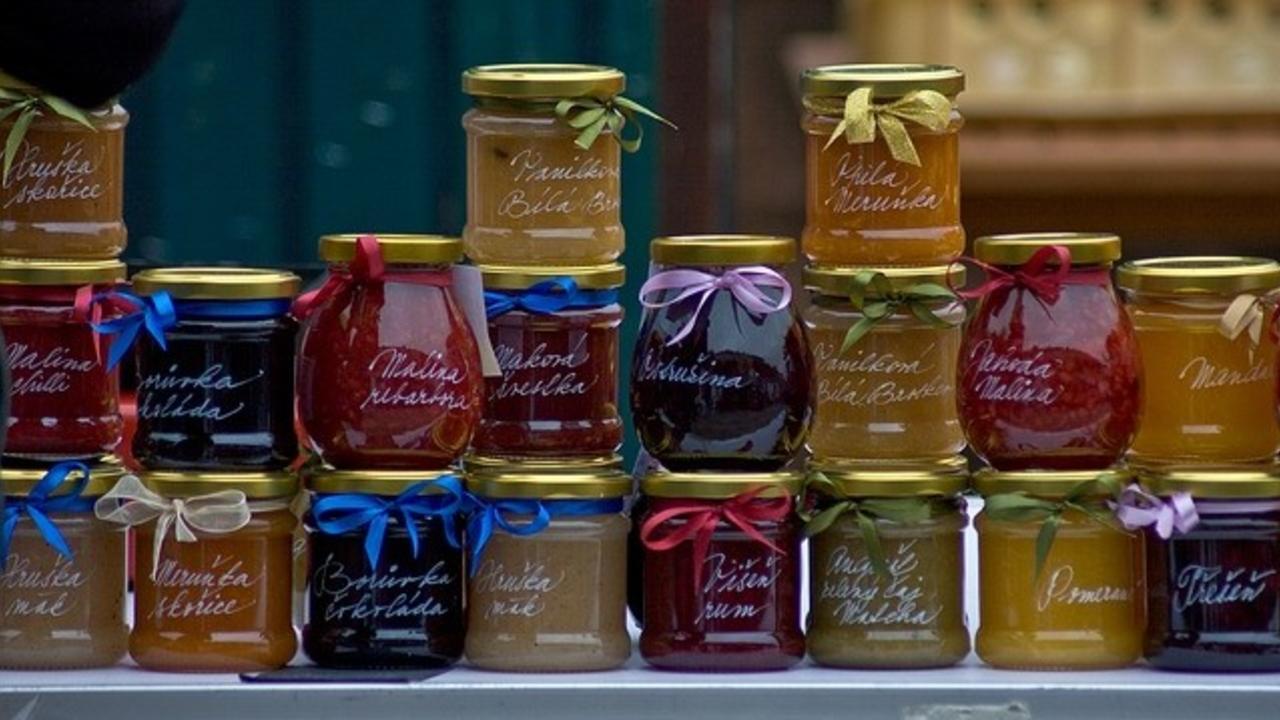Launch Your Food Business at the Farmers Market

If you’re a food lover, farmers markets are a great place for you to begin monetizing your passion. Market vendors operate at a small scale, so you can take the time to get your feet wet. You won't need to have much of a staff or a marketing budget, nor will you need access to a commercial kitchen. And as farmers markets are local and community oriented, visitors tend to be regulars who are open to trying new foods and checking out the new vendors. When they find something they like, they’re likely to become repeat customers who will spread the word among their friends.
Where to start? The first thing to do is to choose at least one food item you want to sell. Whether you’re baking cookies based on your grandmother’s recipes or simmering a batch of your father’s famous BBQ sauce, you will be more likely to succeed if your venture is fueled by passion. But a successful food business requires more than a love of great food. One aspect new food entrepreneurs often overlook is the legal compliance issues they need to address. You don’t necessarily need to hire a lawyer, but you can turn to resources like the online courses offered by Startup Food Biz to help navigate you through the process.
Here’s an overview of important things to do from a legal perspective when starting to sell at farmers markets:
Make the food legally
People often ask us if they can legally make foods to be sold commercially in their home kitchens. The answer is ‘Yes,’ with some caveats.
Home-cooked commercial foods are regulated by laws often referred to as “cottage food laws,” which are designed to help ambitious food entrepreneurs to start small. Under cottage food laws, producers aren’t required to spend their limited resources leasing a commercial kitchen. Instead, if you are producing a qualified “low risk” food, then you are permitted to make it in your home kitchen, saving you time and money.
These “low risk” foods are generally foods that are not sensitive to time and temperature. That includes jarred goods like jams, jellies and salsas and baked goods like cookies, muffins, breads and fruit pies. Baked goods that require refrigeration like, say a quiche or a cheesecake, would not be permitted under cottage food laws.
Specific requirements vary from state to state. Depending on where you live, you still may need a business license or other permits to operate a cottage food business. You may also need a food handler’s certificate.
Package and label your food
Typically for every item you sell, you will have to wrap it individually and label it. Some states have strict labeling requirements and require certain disclosures on the package, while other states only require a general disclaimer stating the product was made in a home kitchen. Our video course, How to Start a Home-Based Food Business, provides more detail on the labeling requirements.
Apply to get a stall at the market
Farmers markets ask their vendors to meet certain requirements to make sure the food being sold is safe for public consumption. As mentioned above, you will likely need a food handler card or safety certification, which requires several hours of food safety training and a passing score on an exam. You may need to register with your state’s department of health or agriculture and provide proof of a liability insurance policy to protect your business in case someone does somehow get sick from your food. The cost of insurance policies typically run $300 to $500 annually.
Set up a sales tax account with your state
You’re selling a retail product, so unless you live in one of the five states that don’t collect sales taxes (Alaska, Delaware, Montana, New Hampshire and Oregon), you will need to collect sales taxes. Check your state’s Secretary of State website to learn how to set up the tax account and the local laws regarding sales-tax collection.
Set up a legal business structure for your business
When you earn a paycheck as an employee of a company, you’re the one making the money. But when a business you run by yourself makes money, are you personally making the money or is your business? That’s what a business structure helps determine.
If you don’t set up a business structure for your new venture, the IRS will automatically classify you as a sole proprietor. While it’s perfectly okay to operate your business as a sole proprietorship, it leaves your personal assets exposed to potential legal risks. We highly recommend that you legally organize your business as a limited liability company (LLC) or as a corporation, and you should get a bank account for the business to keep your personal funds separate.
A lot of these laws and regulations may seem onerous, but remember that these laws are there for a reason. People do sometimes get sick from food-borne illnesses, and it is not uncommon to hear about an E. coli case being tracked to food purchased from a farmers’ market. At the very least, you should expect health inspectors to occasionally inspect the market and ask you and other vendors questions about where food was made and to see food handlers’ licenses.
If you want to start a food business, it will be a fun and challenging endeavor, and it’ll be more likely succeed if you get in front of any unforeseen legal issues.
Stay connected with news and updates!
Join our mailing list to receive the latest news and updates from our team.
Don't worry, your information will not be shared.

